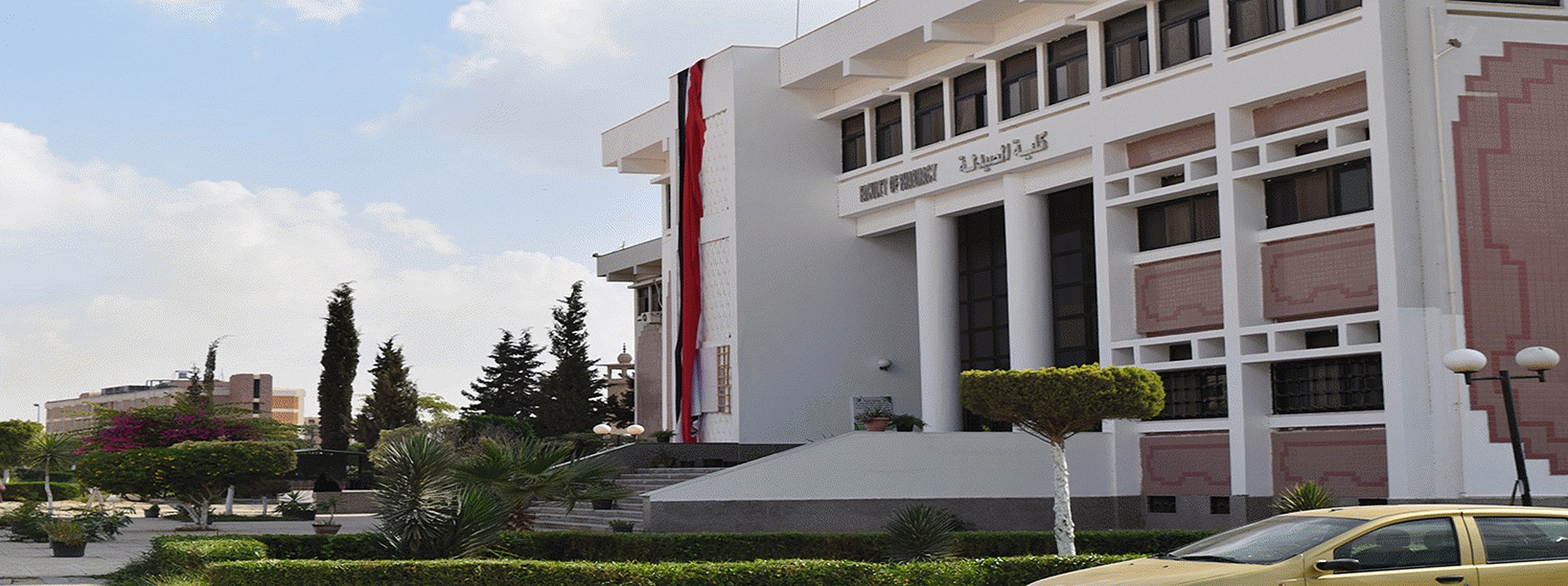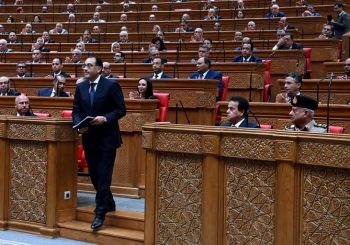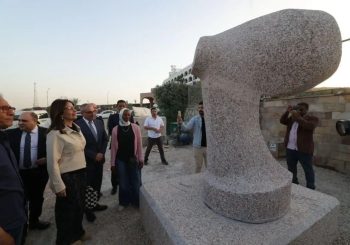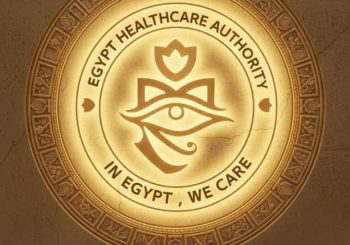Public Prosecution revealed on Sunday that Suez Canal university student Shahd Ahmed committed suicide by throwing herself in the Nile river after suffering from obsessive-compulsive disorder.
Investigations revealed that Shahd was suffering from the disorder since her teenage years, and a month before her death symptoms of the disorder began to reappear, which prevented her from sleeping for more than two hours a day.
Initially, Shahd’s family and a number of pages on social networking sites thought that she had been kidnapped after the young student disappeared on 6 November. However, on November 7, the police department in Giza found her body fully clothed drowned in the Nile river and with no apparent injuries.
Shahd’s family and friend, as well as the psychiatrist she used to visit, all confirmed that her psychological condition became known since secondary school, yet they overlooked it as they thought that it was merely due to the effects of study and exam pressures.
The Public Prosecution appealed to all segments of society to put the matter in perspective and look at mental illness as they look at all other diseases, noting that parents should spend more time with their children and provide them with rehabilitation if needed.
MENTAL HEALTH IN EGYPT
In 2018, Egypt’s Metro authority warned commuters not to commit suicide on the tracks as it would be an ‘inconvenience’ to the public, in response to the rise in number of suicidal attempts at the station.
The stigma surrounding mental health often blocked developments to respond to it, as public services are often underfunded and professionals usually lack adequate training.
Figures released in March 2017 by the General Secretariat of Mental Health revealed that 516,000 people were admitted to mental hospitals across the country in 2016.
In October of last year, the Ministry of Health and Population released a campaign called “Al-Saraya Al-Safra” or “Yellow Palace” combating the stigma surrounding mental health.
The campaign highlighted the mental health services the ministry offers in partnership with 18 hospitals including Abbasiya Hospital, Al Khanka and Helwan Hospital.







Comments (0)